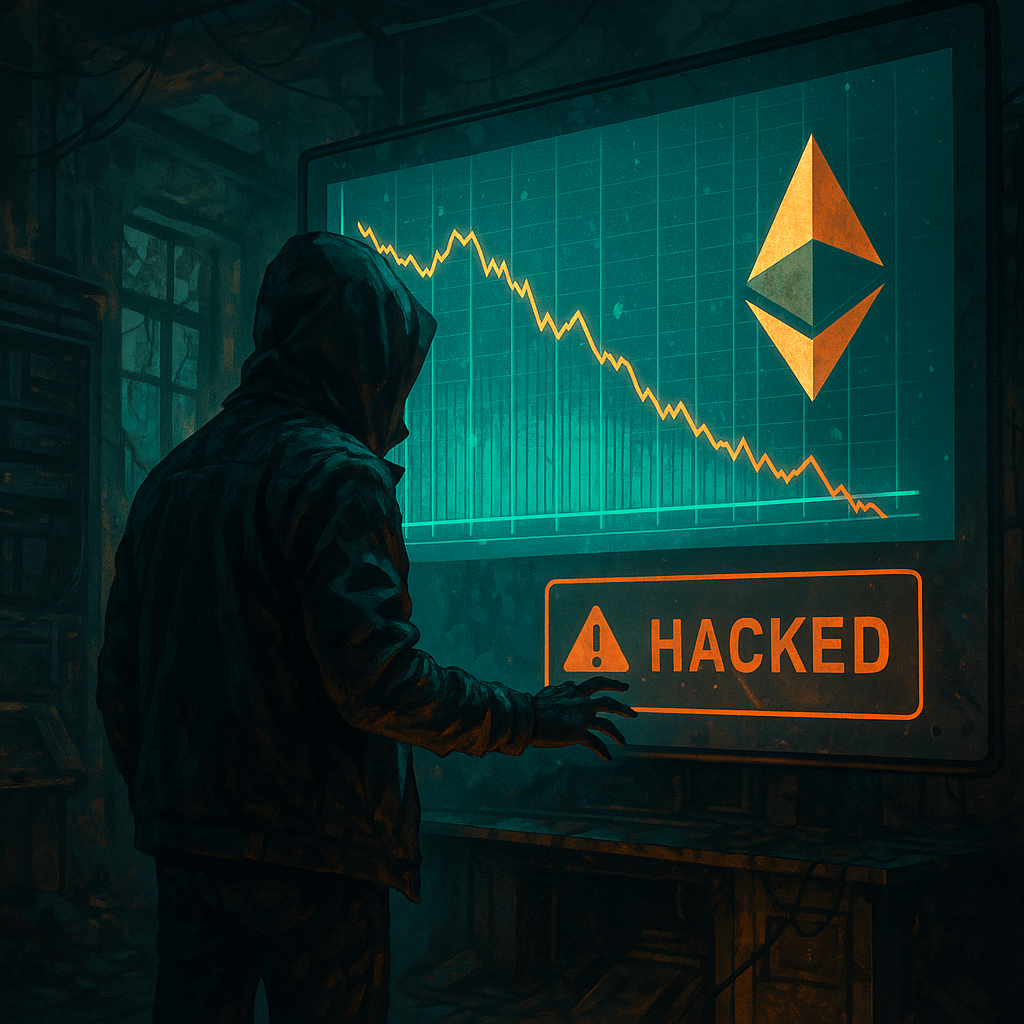In the dynamic world of decentralized finance (DeFi), where opportunities and risks go hand in hand, the Bunni DEX shutdown serves as a cautionary tale for both investors and developers. The vulnerability that exploited the platform resulted in an $8.4 million loss and underscored the critical importance of robust security measures in DeFi operations. As the industry continues to grapple with such challenges, the emphasis on transparency, trust, and rigorous auditing becomes more pronounced.
Learning from Bunni DEX: The Imperatives of Security in DeFi
The Bunni DEX, a promising Uniswap V4-based platform, announced its permanent closure after a devastating exploit. The incident, occurring on September 2, exploited vulnerabilities in Bunni’s Liquidity Distribution Function (LDF) using sophisticated tactics, culminating in a significant depletion of resources across Ethereum and Unichain networks. Despite previous audits by Trail of Bits and Cyfrin, this flaw remained undetected, leading to one of the most significant DeFi setbacks of 2025.
Immediate Reactions and User Impacts
Before the breach, Bunni had experienced rapid growth, with its total value locked (TVL) soaring from $2.2 million to nearly $80 million, as noted by DeFiLlama. Post-exploit, users were urged to swiftly withdraw their remaining assets, and operations were halted indefinitely. The team took the ethical stance of redistributing remaining treasury funds to BUNNI, LIT, and veBUNNI tokenholders, excluding themselves from compensation.
Technological Legacy and Community Contributions
Despite the unfortunate circumstances, Bunni has contributed to the broader DeFi community by relicensing its v2 smart contracts from a Business Source License (BUSL) to MIT. This move allows other developers to leverage its innovative liquidity distribution solutions, potentially leading to more resilient and secure DeFi applications in the future.
The Broader Impact on DeFi Security Protocols
The Bunni DEX incident is not isolated; it reflects an escalating security crisis within the DeFi sector. According to a report by Hacken, the industry has seen over $3.1 billion lost to various exploits in 2025 alone. This trend highlights the urgent need for comprehensive audits, real-time monitoring, and enhanced security mechanisms. Developers are now expected to adopt a more cautious approach, ensuring their platforms are fortified against potential breaches.
For investors, the key takeaway is the reinforcement of trust and transparency as fundamental pillars of DeFi engagement. While the lure of high yields is ever-present, understanding the security framework of platforms is crucial. As the industry evolves, these lessons become invaluable for shaping a more secure and sustainable DeFi landscape.
How can investors protect themselves in the DeFi space?
Investors should conduct thorough due diligence, focusing on the security protocols and audit histories of DeFi platforms. Engaging with platforms that prioritize transparency, regular audits, and strong community trust is essential for minimizing risks.
What does the Bunni DEX shutdown mean for future DeFi projects?
The shutdown highlights the necessity for future DeFi projects to integrate rigorous security measures from inception. It serves as a wake-up call to developers to prioritize comprehensive audits and robust monitoring systems to safeguard user assets.
Are decentralized exchanges still viable investment options?
Decentralized exchanges remain viable but require careful scrutiny. Investors should assess platforms based on their security measures, community reputation, and scalability potential. A well-audited and transparently managed DEX can still offer significant benefits.
By maintaining a focus on security and strategic transparency, the DeFi sector can address current vulnerabilities and move towards a future of robust, innovative growth.

